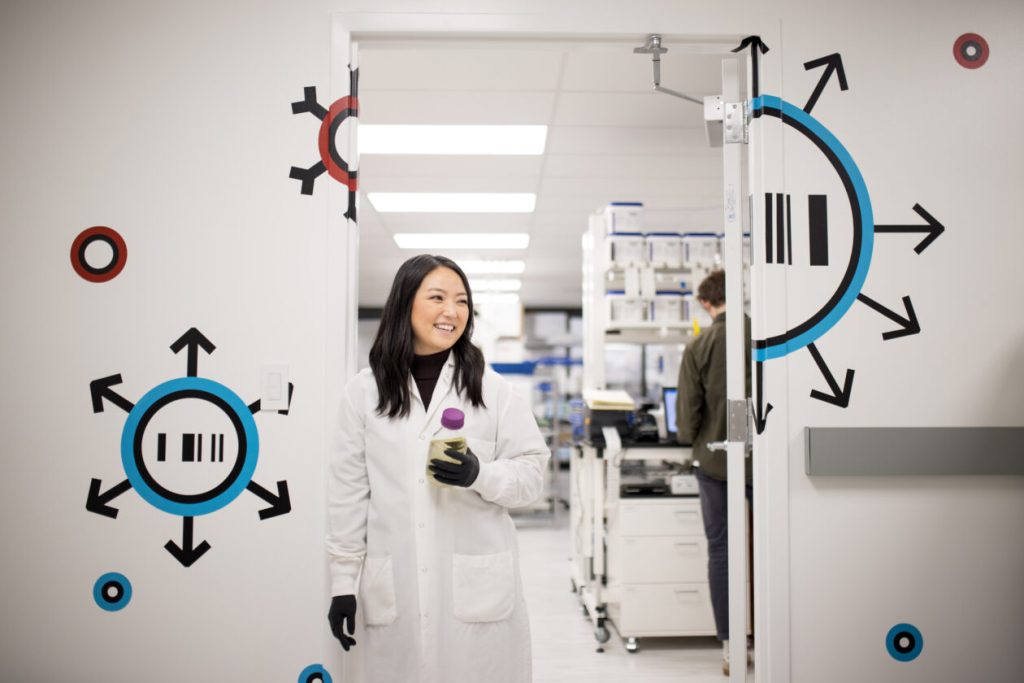A-Alpha Bio, a Seattle-based company spun out of the Institute for Protein Design at the University of Washington, has received a $14.5 million grant from the Department of Defense (DOD) to expand its project with Lawrence Livermore National Laboratory (LLNL) to prepare for future biological threats using machine learning tools. The collaboration aims to generate data and train computational models preemptively to rapidly respond to emerging diseases or biothreats, building on lessons learned from the COVID-19 pandemic. The company’s technology uses machine learning to systematically discover new antibodies that fight disease by identifying protein interactions using engineered yeast cells expressing various proteins or protein fragments.
Initially focused on coronaviruses, the project with LLNL has expanded to include other specific pathogen families of concern. A-Alpha Bio’s AlphaSeq platform has been utilized to measure interactions between nearly 10 million antibody-antigen combinations across three pathogen families, leading to improvements in machine learning models. In 2022, the company received $1 million from LLNL for its work, following a $2.4 million grant from DOD in the previous year, both from the DOD Joint Program Executive Office for Chemical, Biological, Radiological and Nuclear Defense’s GUIDE program. This collaboration has been successful in training predictive machine learning models with high-throughput antibody-antigen binding data.
Randolph Lopez, the chief technical officer of A-Alpha Bio, expressed excitement about expanding the partnership with LLNL after two years of collaboration on the GUIDE program. A-Alpha Bio, which was founded in 2017, has raised a total of $65.5 million through a combination of funding from investors, grant dollars, and the recent DOD grant. The startup has established partnerships with pharmaceutical companies such as Bristol Myers Squibb and Gilead Sciences. The company’s innovative approach to using machine learning in the discovery of antibodies has demonstrated significant potential in advancing the field of biotechnology and addressing future biological threats.
Through its partnership with LLNL and funding from the DOD, A-Alpha Bio is leveraging its AlphaSeq platform to enhance the discovery of antibodies that can combat a variety of pathogens. By identifying protein interactions through engineered yeast cells, the company’s technology has shown promise in identifying antibodies that bind tightly to viral proteins and other pathogens. This proactive approach to training computational models and generating data preemptively positions A-Alpha Bio to respond rapidly to emerging biothreats, building on its success in training predictive machine learning models with high-throughput data.
The collaboration between A-Alpha Bio and LLNL has proven fruitful in advancing the field of antibody discovery and machine learning applications in biotechnology. The focus on specific pathogen families, including coronaviruses, demonstrates the versatility and adaptability of A-Alpha Bio’s technology in addressing a range of biological threats. With continued support from the DOD and other partners, the company is well-positioned to further develop its innovative approach to antibody discovery, potentially revolutionizing the field of biotechnology and improving the global response to emerging diseases and biothreats.


